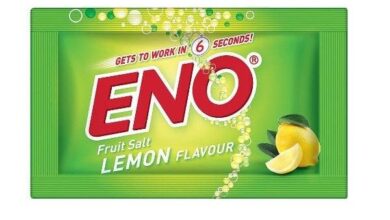Lexus: Engineering Luxury Through Innovation and Purpose
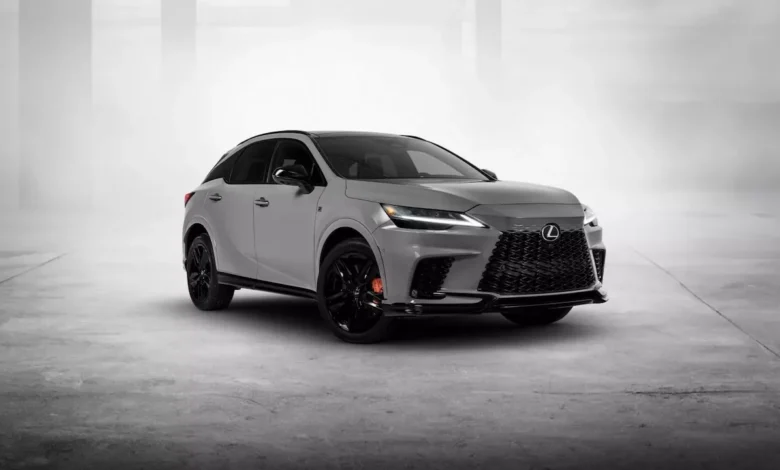
Lexus: Engineering Luxury Through Innovation and Purpose. In 1989, Toyota introduced Lexus to the world, marking a significant shift in the luxury automotive landscape. The brand’s debut with the LS 400 sedan showcased a commitment to precision engineering and luxury, challenging established European marques. This move was part of Toyota’s strategic initiative to penetrate the premium vehicle market, resulting in the creation of a brand that would become synonymous with reliability and refinement.
Strategic Positioning and Market Entry
Lexus’s entry into the luxury segment was meticulously planned. The LS 400 was developed under the codename “F1” (Flagship One), reflecting Toyota’s ambition to produce a world-class luxury vehicle. The car’s launch in the United States was accompanied by a robust marketing campaign emphasizing quality, performance, and customer satisfaction. This strategy paid off, as Lexus quickly gained a reputation for excellence, leading to its status as the top-selling luxury import in the U.S. by the early 1990s.
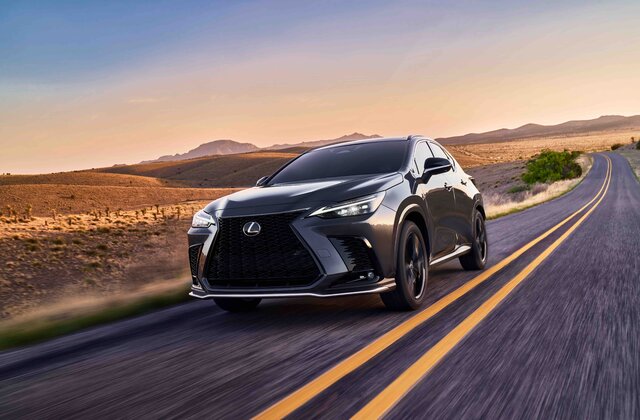
Innovation and Technological Advancements
Lexus has consistently prioritized innovation, integrating advanced technologies to enhance the driving experience. The introduction of the RX 400h in 2005 marked the world’s first luxury hybrid SUV, showcasing Lexus’s commitment to environmental sustainability without compromising performance. This pioneering move positioned the brand as a leader in hybrid technology within the luxury segment.
Global Expansion and Brand Identity
Initially focused on the U.S. market, Lexus expanded its presence globally, entering markets such as Europe, Asia, and the Middle East. In 2005, Lexus launched in its home country of Japan, aligning its global identity with Japanese values of craftsmanship and hospitality. This expansion was supported by the establishment of dedicated design and engineering centers, ensuring that Lexus vehicles met the diverse needs of international customers.
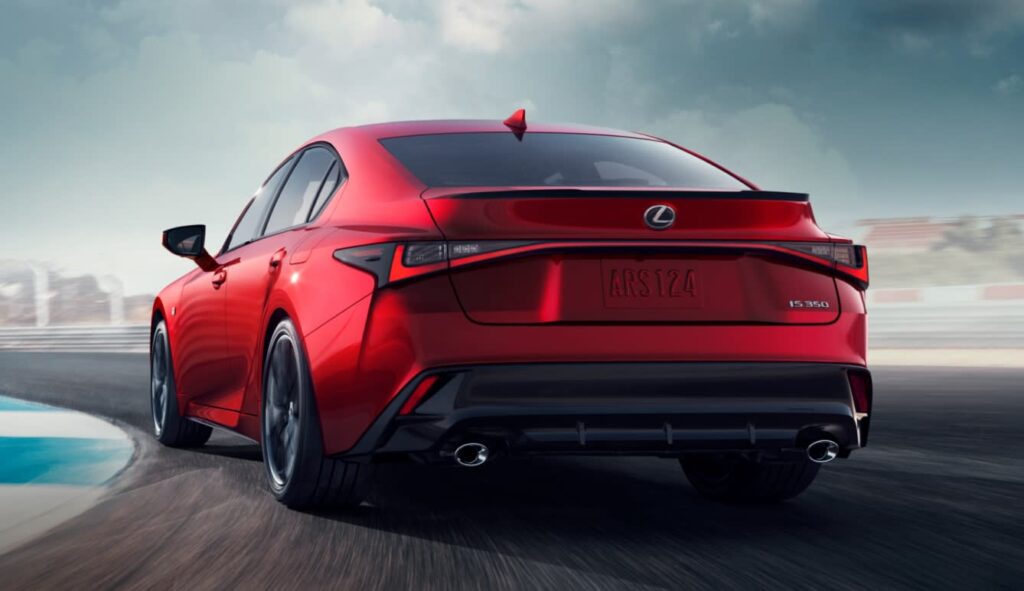
Marketing Strategies and Brand Evolution
Lexus’s marketing approach has evolved to resonate with changing consumer demographics. The brand has engaged in event sponsorships and collaborations that reflect its values of innovation and luxury. For instance, Lexus’s participation in Miami Art and Design Week 2021 featured the LF-Z Electrified concept car, highlighting the brand’s commitment to sustainable design and forward-thinking aesthetics.
Resilience Amid Challenges
Lexus has demonstrated resilience in the face of challenges, including economic downturns and industry recalls. The brand’s focus on customer satisfaction and quality control has helped maintain consumer trust. During the 2009-2010 Toyota vehicle recalls, Lexus managed to preserve its reputation by proactively addressing issues and reinforcing its commitment to safety and reliability.
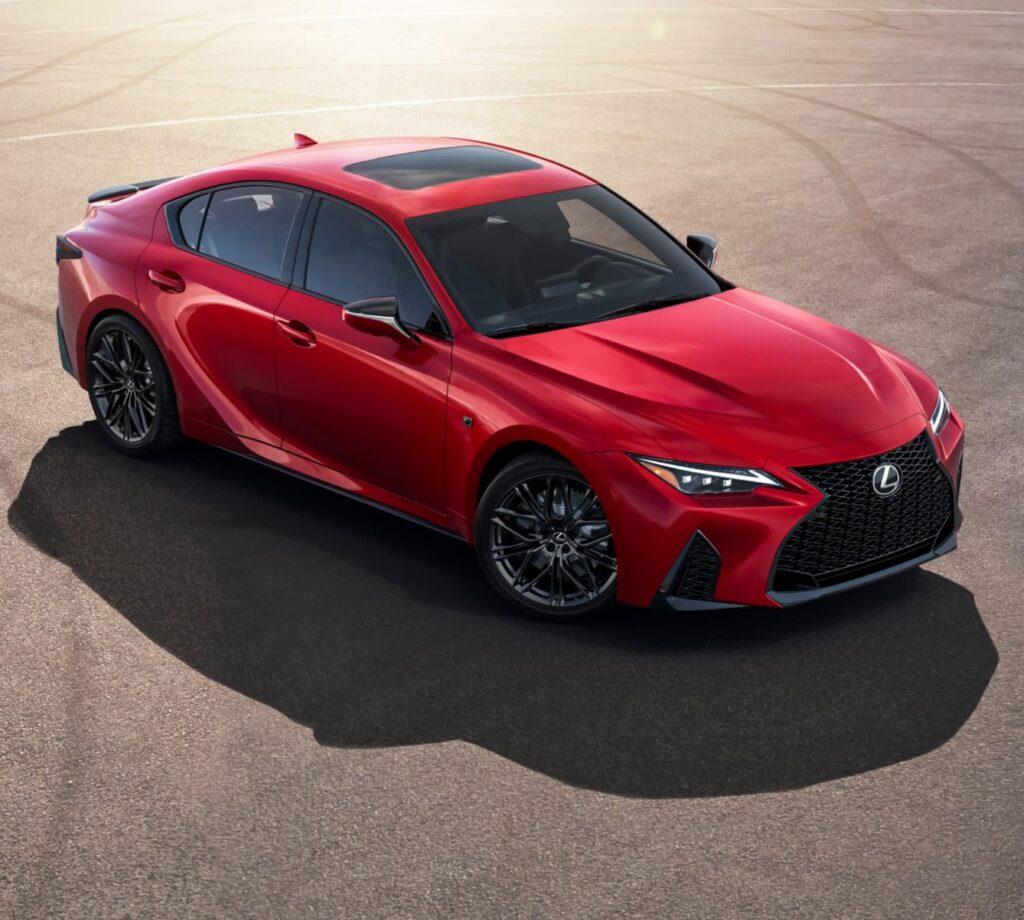
Electrification and Future Vision
Looking ahead, Lexus is embracing electrification as a core component of its strategy. The brand aims to offer only battery electric vehicles (BEVs) globally by 2035, with plans to achieve this goal in Western Europe, the USA, and China by 2030. The introduction of the LF-Z Electrified concept car embodies Lexus’s vision for a sustainable and innovative future, integrating advanced technologies such as steer-by-wire systems and virtual manual gear shifting.
Lessons for Aspiring Entrepreneurs
Lexus’s journey offers several key insights:
- Strategic Market Entry: Thorough research and understanding of target markets can facilitate successful brand introductions.
- Commitment to Quality: Prioritizing product excellence fosters consumer trust and brand loyalty.
- Innovation with Purpose: Integrating technology that enhances user experience can differentiate a brand in competitive markets.
- Adaptability: Responding proactively to challenges and evolving consumer preferences is crucial for sustained success.
- Global Consistency with Local Relevance: Maintaining a cohesive brand identity while adapting to regional markets ensures broader appeal.
Lexus’s ascent in the luxury automotive sector underscores the impact of deliberate strategy, unwavering commitment to quality, and continuous innovation. For entrepreneurs, Lexus exemplifies how aligning product excellence with customer-centric values can build a resilient and esteemed brand.

